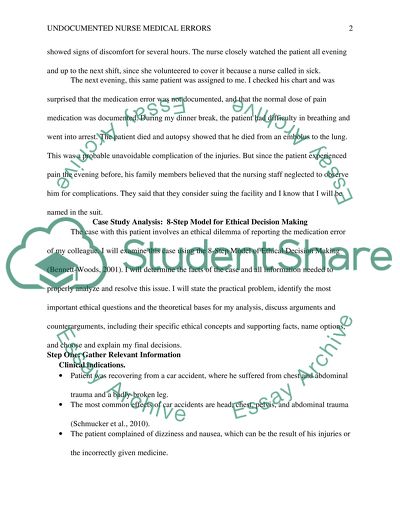Cite this document
(“Undocumented nurse medical errors Essay Example | Topics and Well Written Essays - 3500 words”, n.d.)
Retrieved from https://studentshare.org/nursing/1394888-undocumented-nurse-medical-errors
Retrieved from https://studentshare.org/nursing/1394888-undocumented-nurse-medical-errors
(Undocumented Nurse Medical Errors Essay Example | Topics and Well Written Essays - 3500 Words)
https://studentshare.org/nursing/1394888-undocumented-nurse-medical-errors.
https://studentshare.org/nursing/1394888-undocumented-nurse-medical-errors.
“Undocumented Nurse Medical Errors Essay Example | Topics and Well Written Essays - 3500 Words”, n.d. https://studentshare.org/nursing/1394888-undocumented-nurse-medical-errors.


